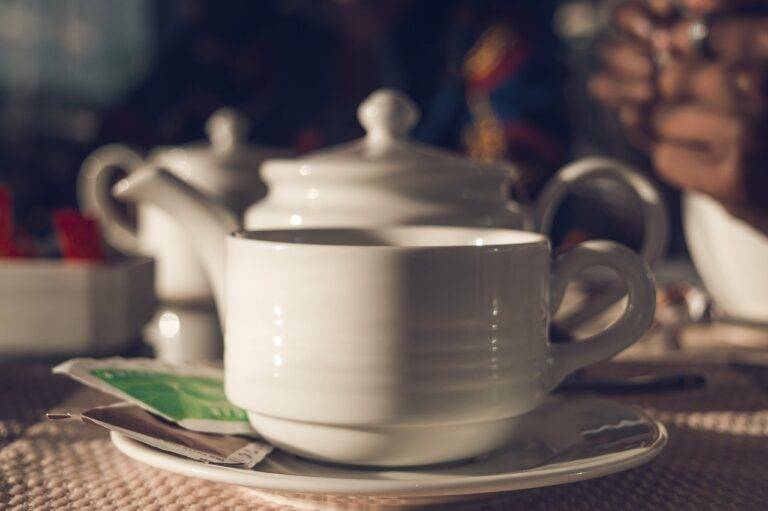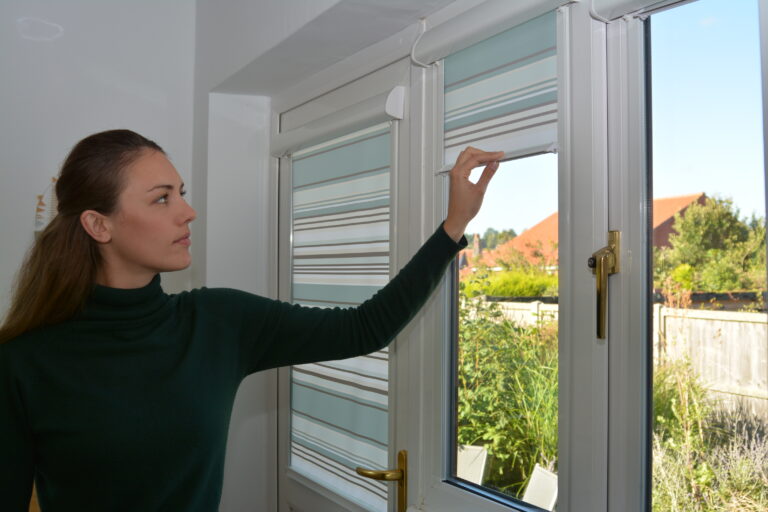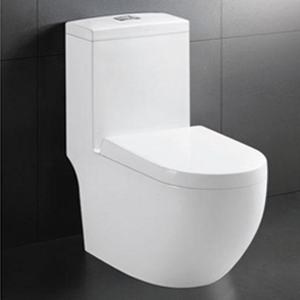The Psychology of Hair Color: How It Influences Perception
cricbet99com, sky11. live login, cricbet99 reddy anna:The Psychology of Hair Color: How It Influences Perception
Have you ever thought about how your hair color can impact the way others perceive you? Hair color is more than just a physical attribute – it can have a significant influence on people’s perceptions of you. In this article, we will explore the psychology behind hair color and how it can shape the way others see you.
The Role of Hair Color in Perception
Hair color plays a crucial role in how we are perceived by others. Different hair colors are associated with various traits and characteristics, and these associations can influence how people view us. For example, blondes are often stereotyped as fun-loving and carefree, while brunettes are seen as more serious and grounded.
Research has shown that hair color can impact how we are perceived in different social and professional settings. For example, a study published in the Scandinavian Journal of Psychology found that people with blond hair were rated as more youthful and attractive than those with brown or black hair. Another study published in the Journal of Social Psychology found that female job applicants with blonde hair were more likely to be hired for positions requiring creativity, while those with brown hair were favored for positions requiring analytical skills.
The Impact of Hair Color on Self-Perception
Not only does hair color influence how others perceive us, but it can also impact our own self-perception. Many people attribute certain personality traits to their hair color and may even change their behavior based on these associations. For example, a person with blonde hair may feel pressure to embody the carefree stereotype associated with their hair color, while a person with red hair may embrace the fiery and passionate image often associated with redheads.
Changing your hair color can also lead to changes in self-perception. A study published in the Journal of Applied Social Psychology found that women who dyed their hair blonde reported feeling more attractive, confident, and outgoing than when they had their natural hair color. This suggests that hair color can play a significant role in shaping how we see ourselves.
Hair Color and Stereotypes
Hair color stereotypes are pervasive in society and can have a lasting impact on how we are perceived. For example, redheads are often stereotyped as hot-tempered and promiscuous, while brunettes are seen as more intelligent and reliable. These stereotypes can influence how we interact with others and can even impact our opportunities in life.
It’s essential to recognize and challenge these stereotypes to ensure that we are not unfairly judged based on our hair color. Just because someone has a certain hair color does not mean they possess the traits associated with that color. Embracing diversity and individuality is crucial in breaking down these stereotypes and promoting a more inclusive society.
The Influence of Hair Color in Different Cultures
The significance of hair color varies across different cultures. In some cultures, certain hair colors are highly valued and considered attractive, while in others, different hair colors may be viewed as less desirable. For example, in Western cultures, blonde hair is often associated with youth and beauty, while in some Asian cultures, black hair is considered the ideal hair color.
Understanding the cultural significance of hair color is essential when considering how it may impact perception. It’s crucial to recognize and appreciate the diversity of hair colors and understand that beauty standards vary across different cultures.
FAQs
1. Can changing my hair color change how others perceive me?
Yes, changing your hair color can have a significant impact on how others perceive you. Different hair colors are associated with various traits and characteristics, and these associations can influence people’s perceptions of you.
2. Are hair color stereotypes harmful?
Hair color stereotypes can be harmful as they can lead to unfair judgments and discrimination based on a person’s appearance. It’s essential to challenge these stereotypes and promote diversity and inclusivity.
3. How can I embrace my natural hair color?
Embracing your natural hair color is all about accepting and loving yourself for who you are. Celebrate the uniqueness of your hair color and challenge any negative stereotypes associated with it.
4. Does hair color impact job opportunities?
Research has shown that hair color can influence job opportunities, with certain hair colors being favored for specific roles. It’s essential to be aware of these biases and challenge them to ensure fair treatment in the workplace.
5. Can hair color affect self-confidence?
Hair color can impact self-confidence, as it can influence how we see ourselves and how others perceive us. Embracing your natural hair color and challenging stereotypes can help boost self-confidence.
6. Should I dye my hair to conform to societal standards?
Dyeing your hair to conform to societal standards is a personal choice. It’s essential to consider your motivations for changing your hair color and ensure that it aligns with your values and beliefs.
In conclusion, hair color has a powerful influence on how we are perceived by others and ourselves. It’s essential to recognize and challenge stereotypes associated with hair color and celebrate the diversity of hair colors. Embracing your natural hair color and promoting inclusivity can help create a more accepting and diverse society. Remember, your hair color is just one aspect of who you are – embrace it, own it, and rock it with confidence.







